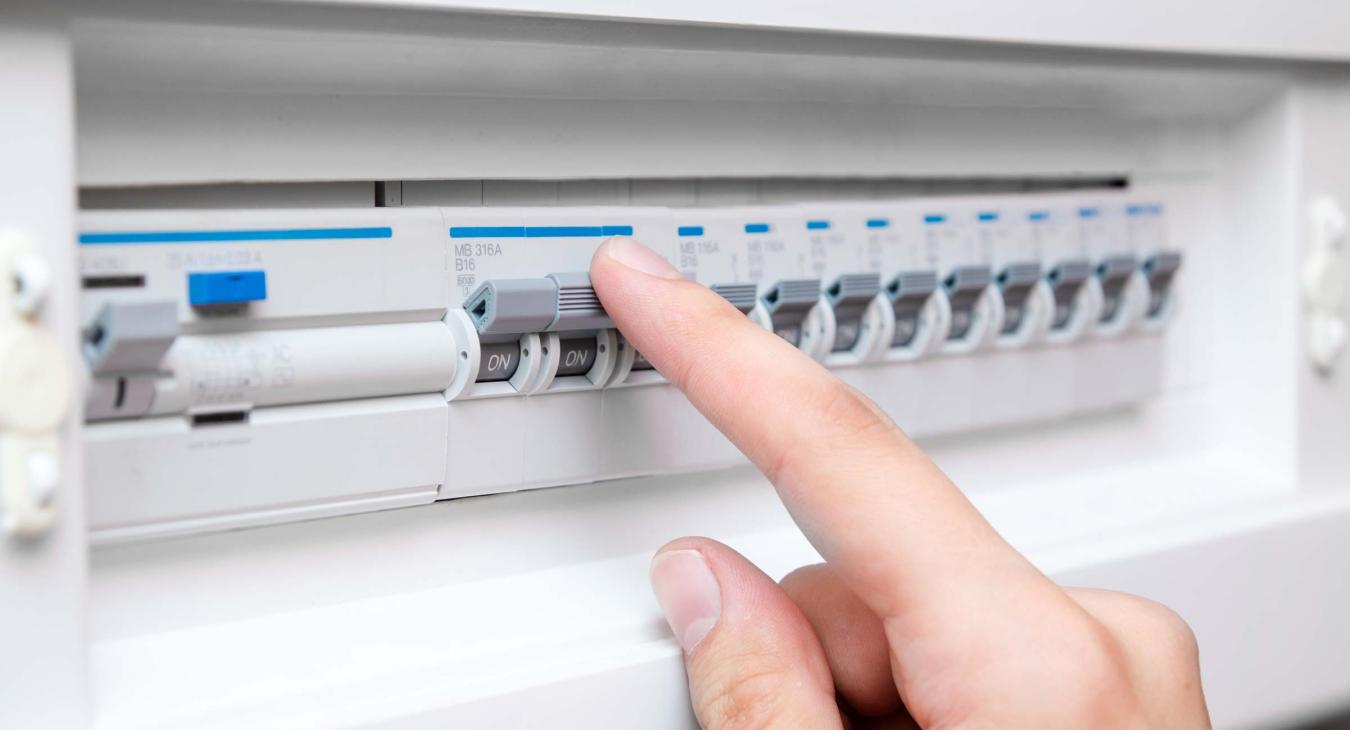
The UK has made a commitment to achieve net zero carbon emissions by 2050, a pivotal step in combating climate change. This goal involves a substantial shift from fossil fuels to renewable energy sources such as wind, solar, and hydropower. However, one of the key challenges in this transition is ensuring a reliable and consistent energy supply and this is where battery storage becomes essential.
Why is Battery Storage Necessary to Achieve Net Zero?
Renewable energy sources are inherently intermittent; the wind doesn't always blow, and the sun doesn't always shine. To maintain a stable and reliable power grid, we need a way to store excess energy generated during peak production times and release it when production is low. Battery storage systems provide this capability, acting as a bridge between the variable supply of renewable energy and the steady demand of consumers.
Transport:
The UK government plans to ban the sale of new petrol and diesel cars by 2035, a move that will significantly increase the number of electric vehicles (EVs) on the roads. EVs are a critical component of the net zero mission, but they also present new challenges for the power grid. Charging millions of EVs requires a substantial amount of electricity, which needs to be reliably available at all times.
Battery storage systems can help manage the increased load on the grid by storing energy when demand is low and releasing it when demand is high. They can also support fast-charging stations, ensuring that drivers can quickly recharge their vehicles without overwhelming the local grid.
Heating:
In addition to transport, heating is another major focus area for the UK's net zero strategy. The government aims to increase the installation of heat pumps to 600,000 per year by 2028. Heat pumps are more energy-efficient and environmentally friendly than traditional gas boilers, but they rely on electricity to operate.
Battery storage can play a crucial role in this transition by storing renewable energy during off-peak hours and providing it during peak heating times. This helps to balance the grid and reduce reliance on fossil fuel based power plants, ensuring that the heating needs of homes and businesses are met sustainably.
Enhancing Grid Resilience and Reliability
Beyond transport and heating, battery storage enhances the overall resilience and reliability of the power grid. It provides backup power during outages, stabilises voltage and frequency fluctuations, and reduces the need for expensive and polluting peaker plants. By smoothing out the supply and demand curves, battery storage systems help to create a more efficient and sustainable energy system.
Battery storage is fundamental in the UK's journey towards net zero carbon emissions. It addresses the intermittency of renewable energy sources, supports the electrification of transport and heating, and enhances grid stability and resilience. As the UK continues to expand its renewable energy capacity and phase out fossil fuels, the role of battery storage will become increasingly vital in ensuring a sustainable and reliable energy future.
By investing in advanced battery storage technologies and integrating them into the national grid, the UK can confidently move towards its 2050 net zero goal, helping towards for a cleaner, greener and more sustainable world.
Battery Storage Specialist in Blackpool
If you would like to learn more about the benefits of battery storage and how it can help you achieve net zero, contact West Coast Electrical. We are Blackpool's trusted battery storage specialist.














